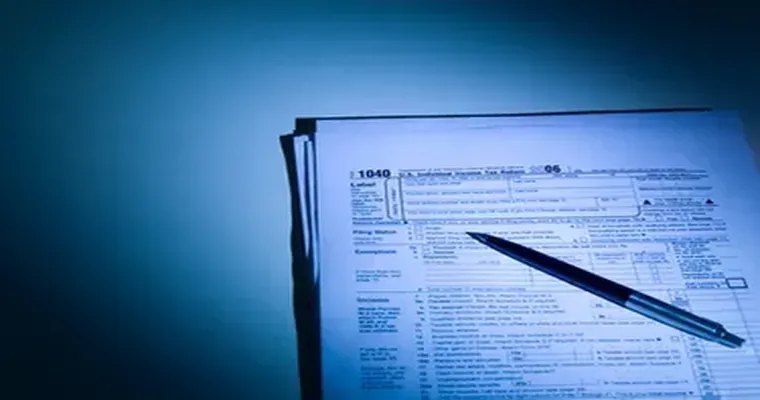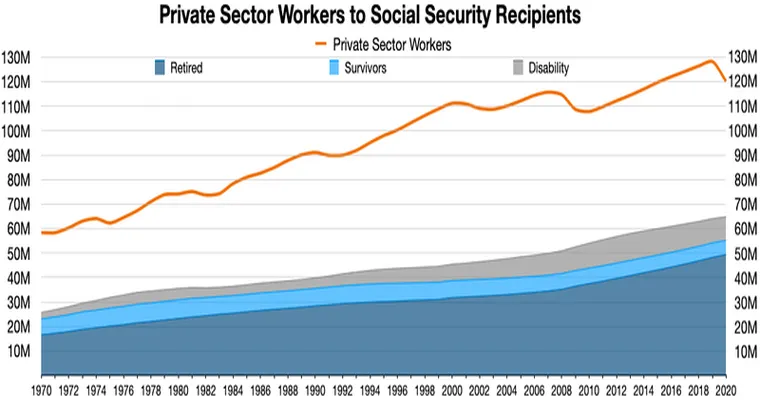When it comes to "nursing homes", the question of whether they can "claim a patient" on their "income tax" can be quite complex. Many families find themselves wondering about the financial implications of long-term care, especially regarding tax deductions and credits. Understanding how the IRS treats expenses related to nursing home care is crucial for both facilities and families navigating these waters.
Understanding Tax Deductions for Nursing Homes
Nursing homes often operate as businesses that provide medical care and residential services to their patients. The "costs associated with patient care" can be significant, and many facilities aim to maximize their financial efficiency. However, the "IRS guidelines" clarify that nursing homes themselves cannot claim a patient as a dependent on their income tax returns. Instead, the expenses related to patient care may be deductible for the patient or their family, depending on certain conditions.
Who Can Claim Nursing Home Expenses?
If a patient is considered a dependent, their family members might be eligible to claim certain nursing home expenses on their own income tax returns. To qualify for these deductions, the following criteria must be met:
1. The patient must require medical care.
2. The nursing home must primarily provide medical care, not just personal care.
3. The taxpayer must be responsible for paying the nursing home expenses.
When these requirements are fulfilled, families could potentially deduct a portion of the nursing home costs from their taxable income. This can lead to significant tax savings, especially for those facing high care expenses.
Medical Expense Deductions
Under IRS rules, "nursing home expenses" can be classified as medical expenses if the primary reason for the stay is medical care. This includes costs for services such as:
Daily nursing services
Meals and lodging
Therapy services
These expenses can be deductible on Schedule A of Form 1040, subject to the limitation that they must exceed 7.5% of the taxpayer's adjusted gross income (AGI). Therefore, careful record-keeping and accurate documentation are essential for anyone looking to claim these deductions.
Limitations and Considerations
It is important to note that not all costs associated with a nursing home are deductible. For instance, if the primary reason for the stay is custodial care or if the patient does not meet the definition of a dependent, the family may not be able to claim those expenses on their taxes. Furthermore, if the patient has substantial income or assets, it may affect eligibility for certain deductions or tax credits.
Conclusion
In conclusion, while a "nursing home" cannot claim a patient on their "income tax", families can potentially benefit from tax deductions related to nursing home expenses under certain conditions. Understanding the IRS guidelines and maintaining detailed records are vital for maximizing potential tax benefits. Families should consider consulting a tax professional to navigate the intricacies of this topic and ensure they are taking advantage of any available deductions. Being informed can lead to significant financial relief during challenging times associated with caring for loved ones in nursing homes.





